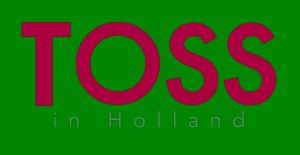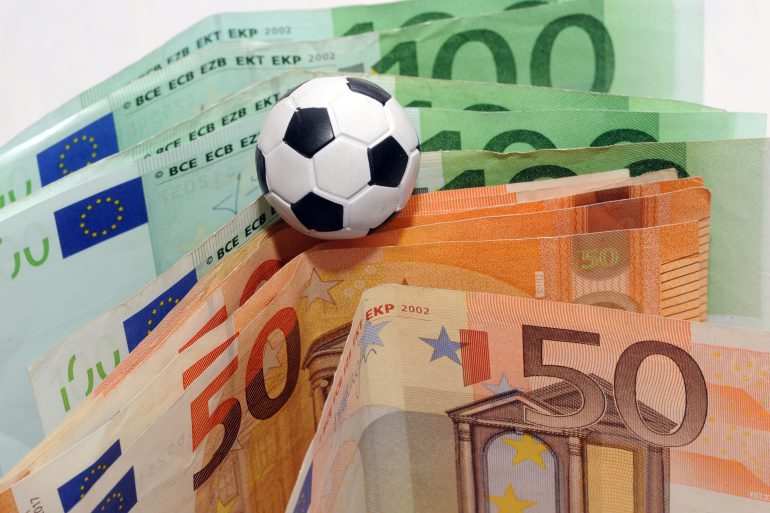 In April the Dutch government announced a series of measures to limit advertising for online gambling. The ban focuses on gambling advertising within Dutch football and includes the striking decision to ban all shirt sponsorship of Eredivisie teams by betting companies. The move comes amid increasing concerns on the relationship between advertising and gambling addiction; the announcement follows a consultation by the government on how to regulate the industry.
In April the Dutch government announced a series of measures to limit advertising for online gambling. The ban focuses on gambling advertising within Dutch football and includes the striking decision to ban all shirt sponsorship of Eredivisie teams by betting companies. The move comes amid increasing concerns on the relationship between advertising and gambling addiction; the announcement follows a consultation by the government on how to regulate the industry.
The initial set of restrictions are to come into force on 1 July; this will include the complete banning of gambling advertisements on television, radio and in public spaces such as billboards. Companies will still be permitted to advertise on the internet and on-demand television, but with very strict stipulations. Gambling companies who wish to advertise on social media will need to demonstrate that their marketing does not reach people aged 24 and under, and there can be no targeted advertising either, as this age bracket is already protected from receiving targeted adverts under Dutch law. The regulations also state that people should be allowed to opt-out of seeing gambling advertisements on social media.
The major new regulations will have a staggered introduction, allowing existing sponsorship contracts to be honoured. Sponsorship of television shows and events will be legal until 1 July 2024, while sports-based sponsorship will be accepted until the same date in 2025. This includes the shirt sponsorship and of events, such as the gambling firm TOTO’s sponsorship of the KNVB Beker, the Dutch FA Cup.
Franc Weerwind, Minister of Justice, said in a statement: ‘The government has a duty to protect vulnerable groups against the risks of online games of chance. Through this ban, vulnerable groups, in particular youths, will see this advertising less and we limit the temptation to start playing high-risk games of chance.’
The announcement was received positively by many, including opposition MPs such Michiel van Nispen of the Socialist Party and Mirjam Bikker, leader of the Christian Union party. Van Nispen stated: ‘I am pleased that the ban on untargeted advertising for high-risk games of chance is finally coming into effect. We see that it is risky to encourage people to gamble online because it can cause problems, for people and society.’ Bikker was slightly blunter in her approval, tweeting: ‘Another step in the fight against the money-hungry gambling industry – and finally get rid of those annoying advertisements.’
However, there were dissenting voices. Helma Lodders, head of the gambling industry trade associate VNLOK, said in a statement: ‘The decision ignores the importance of advertising and ignores the social responsibility that providers already take.’ KNVB, the Dutch football association, is also against the new regulations. The ban has the potential to cost Dutch clubs €40 to 70 million in sponsorship money.
Online gambling only became legal in October 2021, following the passing of the Gambling Act, which included new provisions for online gambling advertising. While the Dutch government keeps no official statistics for the number of gambling addicts in the Netherlands, the gambling addiction clinic Hervitas has reported a 50% increase in referrals in the last 18 months. A study by Ipsos suggested that the number of gambling addicts may not be increasing, but the amount of debt accrued by addicts has increased, suggesting an increase in the severity of gambling addiction society-wide.
The Dutch government has acted quickly to stem the potential explosion of gambling addiction that occurs in countries such as the UK, where last week a paper was released outlining its own set of regulations related to gambling advertising. While the relationship between the rise of gambling advertising and addiction is currently unknown in the Netherlands, the director of Hervitas Fred Sleutel stated: ‘It’s obvious that these two things have something to do with each other.’
Written by James Turrell
